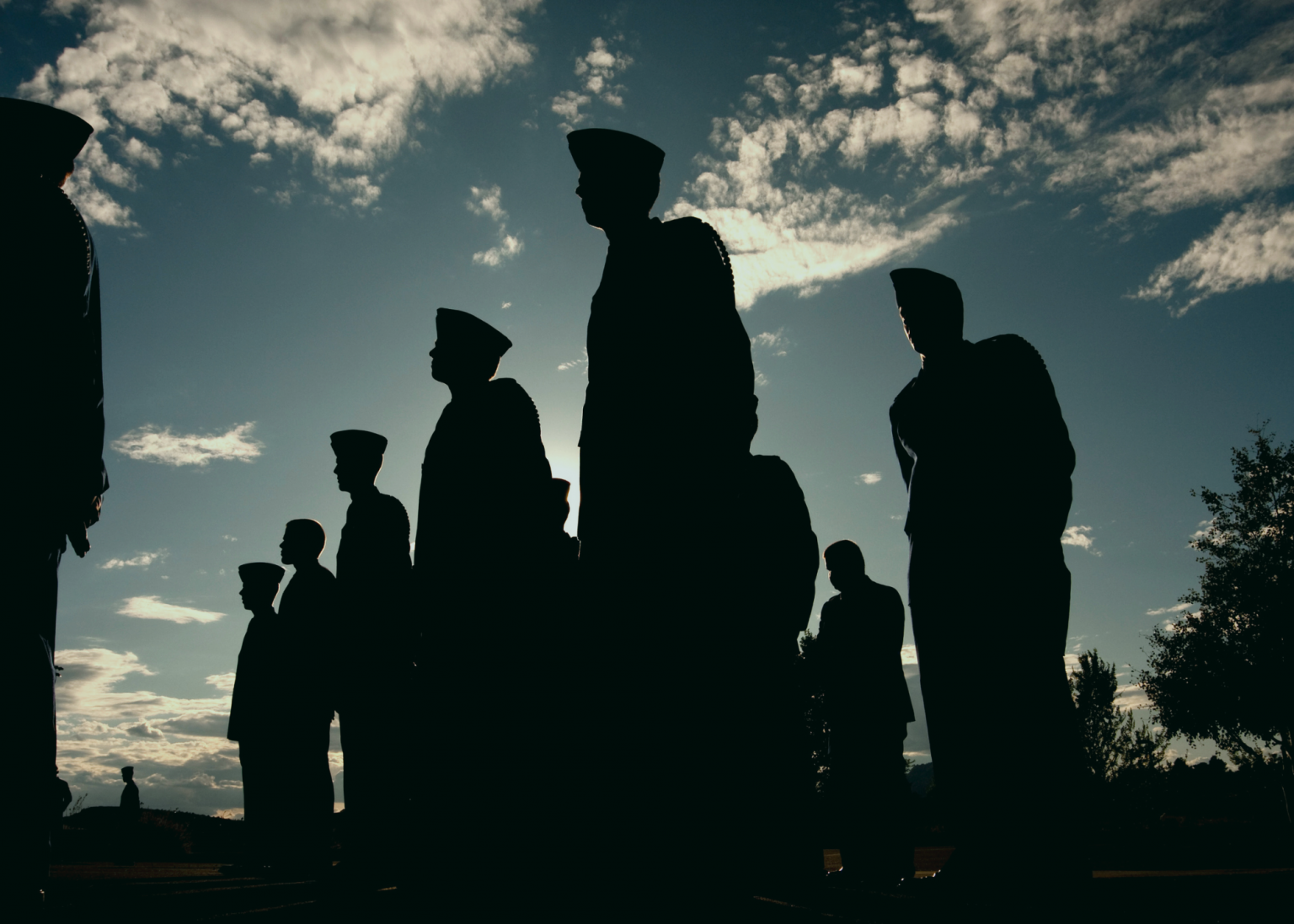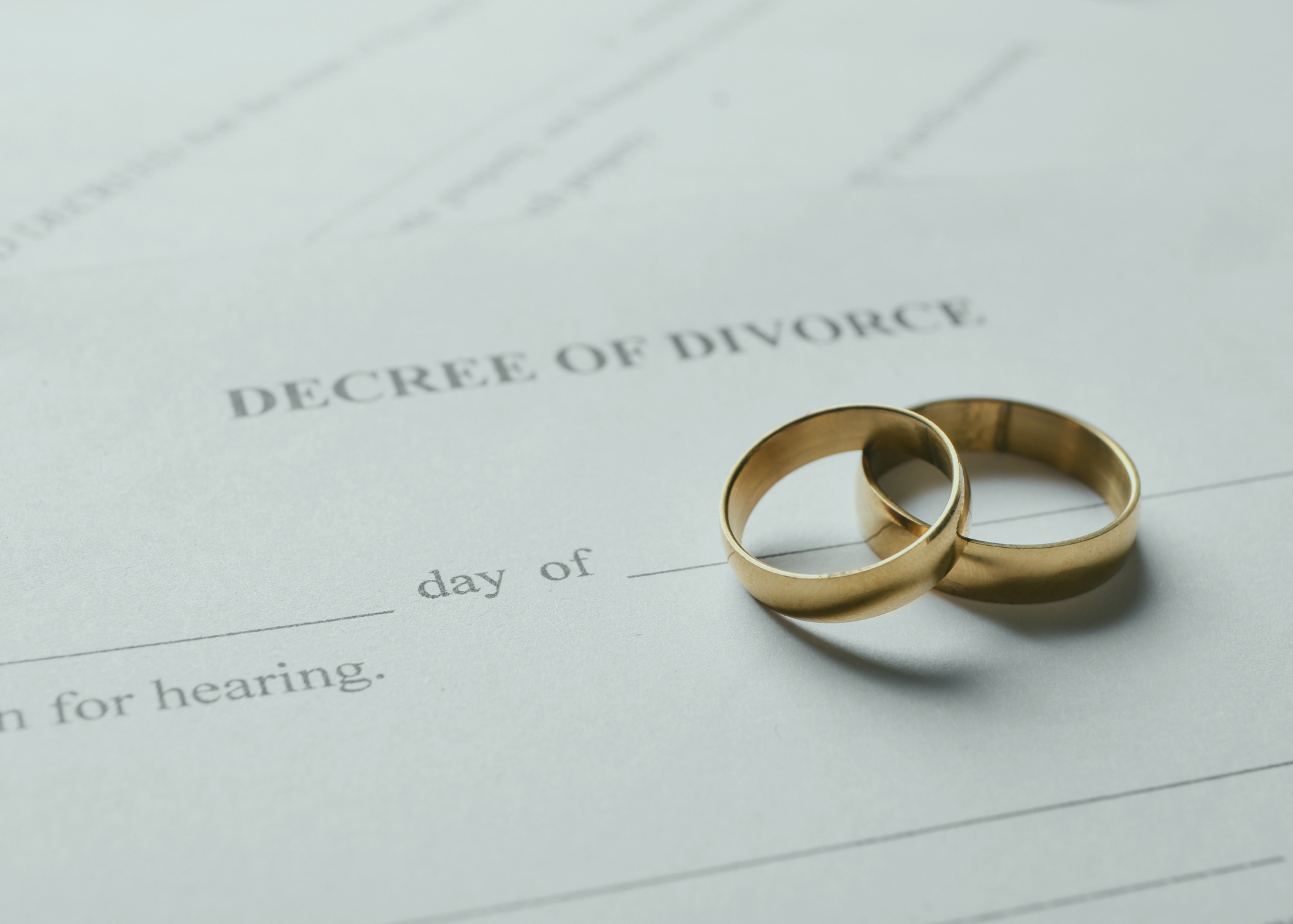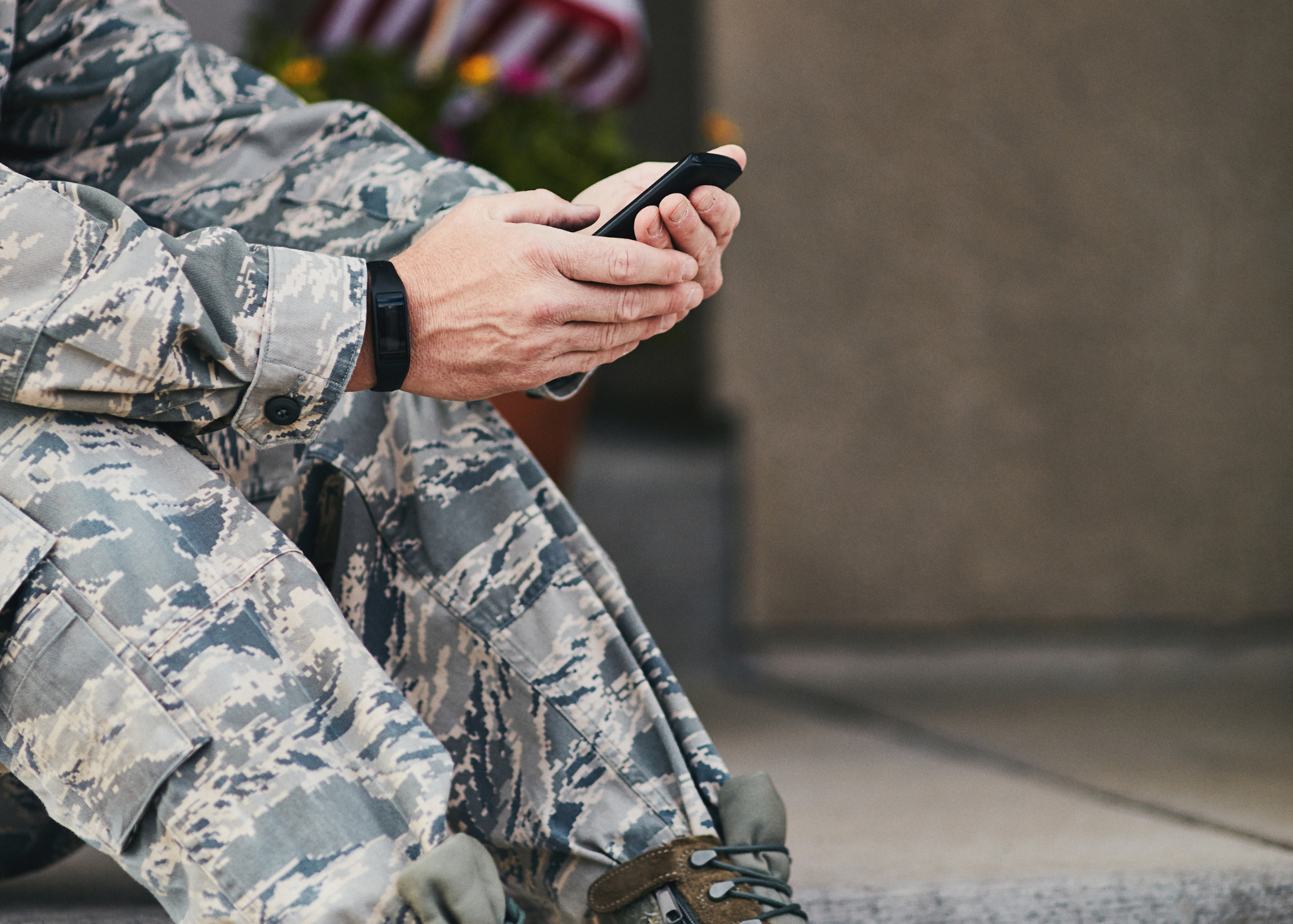Key Takeaways
-
Military discharge status directly affects VA loan eligibility and determines whether you qualify automatically or require review.
-
Honorable and General discharges qualify immediately, making the COE process straightforward.
-
OTH and Bad Conduct discharges may still be eligible, but they require a full VA Character of Service Review.
-
Borrowers must provide official service documents to confirm eligibility before closing.
Your military discharge classification directly influences whether you qualify for the VA home loan, VA loan eligibility, or VA mortgage benefit. These rules determine which Veterans can access the program and which cases require additional review. By understanding how discharge status affects approval, you can prepare the right documents and move through the VA loan process with confidence.
How Military Discharge Impacts VA Loan Eligibility
The VA evaluates your service history, length of service, and discharge characterization before confirming eligibility. Veterans typically qualify when they served 90 consecutive days during wartime, 181 days during peacetime, or six years in the Guard or Reserves. However, your discharge status remains one of the most important factors.
Discharge Types Automatically Eligible for a VA Home Loan
Two discharge categories qualify immediately. They usually require no additional review.
| Discharge Type | Automatically Eligible? | Notes |
| Honorable | Yes | Meets VA standards for honorable service |
| General (Under Honorable Conditions) | Yes |
A General discharge under honorable conditions is widely recognized and rarely requires extra documentation.
Can You Get a VA Loan With a General Discharge?
Yes. A General (Under Honorable Conditions) discharge qualifies for the VA home loan program. Most borrowers with this classification move through eligibility checks without delays.
Other Discharge Types That May Qualify
Certain non-honorable discharges may still support eligibility depending on the reason for separation and your length of time served. Veterans often qualify when they completed at least 90 days of service and received one of the following discharge reasons:
- Hardship
- Early release
- Convenience of the government
- Reduction in force
- Condition interfering with duty
- Compensable service-connected disability
Veterans discharged before 90 days may also qualify if the separation resulted from a service-connected disability.
VA Loan Eligibility by Discharge Classification
The table below outlines how each discharge type impacts eligibility.
| Discharge Type | Eligible for VA Loan? |
| Honorable | Yes |
| General (Under Honorable Conditions) | Yes |
| Other Than Honorable (OTH) | Case-by-case review |
| Bad Conduct | Case-by-case review |
| Dishonorable | No |
Discharge Types That Automatically Qualify
Two discharge types are accepted without additional review:
Honorable Discharge
- This classification fully meets VA service standards. Veterans with an Honorable discharge qualify immediately for the VA home loan benefit.
General Discharge (Under Honorable Conditions)
- This discharge also qualifies in nearly all cases, as it reflects satisfactory service.
- Both types allow Veterans to move directly to obtaining their Certificate of Eligibility (COE).
Can You Get a VA Loan With a General Discharge?
Yes. A General discharge under honorable conditions is widely accepted. Veterans with this status typically move through the eligibility process without supplemental documentation or delays.
Discharge Types That May Still Qualify
Not all non-honorable discharges create an automatic barrier. Some Veterans may qualify depending on the reason for separation and how much service they completed.
Veterans may be eligible if they served at least 90 days and were discharged for reasons such as:
- Hardship
- Early release
- Convenience of the government
- Reduction in force
- A condition interfering with duty
- A compensable service-connected disability
If you served fewer than 90 days, you may still qualify if the discharge resulted from a service-connected disability.
When the VA Requires a Character of Service Review
Two classifications require further evaluation before the VA can determine eligibility:
Other Than Honorable (OTH)
The VA reviews these on a case-by-case basis. As of June 25, 2024, the VA now considers “compelling circumstances,” which may expand access for some Veterans.
Bad Conduct Discharge (BCD)
These cases also undergo an individualized review. The VA examines your service record, performance, and nature of the incident that led to the discharge.
Reviews can take several months, so plan ahead if you intend to purchase a home soon.
Discharge Type That Does Not Qualify
Dishonorable Discharge
A Dishonorable discharge is not eligible for VA home loan benefits. This classification does not meet the VA’s definition of Veteran status for benefit purposes.
How Veterans Prove Service for VA Loan Eligibility
The VA uses official military documents to confirm your discharge and determine eligibility. Common forms include:
DD Form 214 – Used by most Veterans separating from active duty.
Retirement Points Summary – Used by National Guard and Reserve members.
Statement of Service – Provided for active-duty service members.
Once verified, the VA issues your Certificate of Eligibility (COE). While you can begin house hunting without it, the COE must be obtained before closing. Most lenders can retrieve it electronically during preapproval.
Unsure Whether You Qualify?
Only the Department of Veterans Affairs can make the final decision. The VA reviews your discharge status, supporting documents, and full military record. Even if you qualify for the benefit, you must still meet lender requirements for credit score, income, employment history, and debt-to-income ratio.
Working with a VA-approved lender can help streamline these steps and ensure you understand your path forward.
FAQs About How Military Discharge Affects VA Loan Eligibility
No SSN required. Zero impact to credit. Your Information is never sold.



